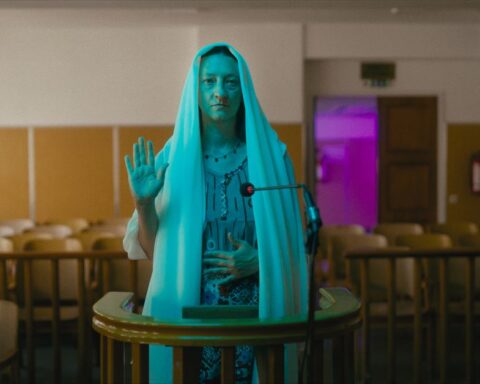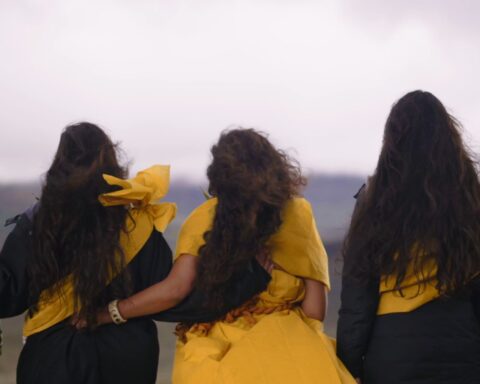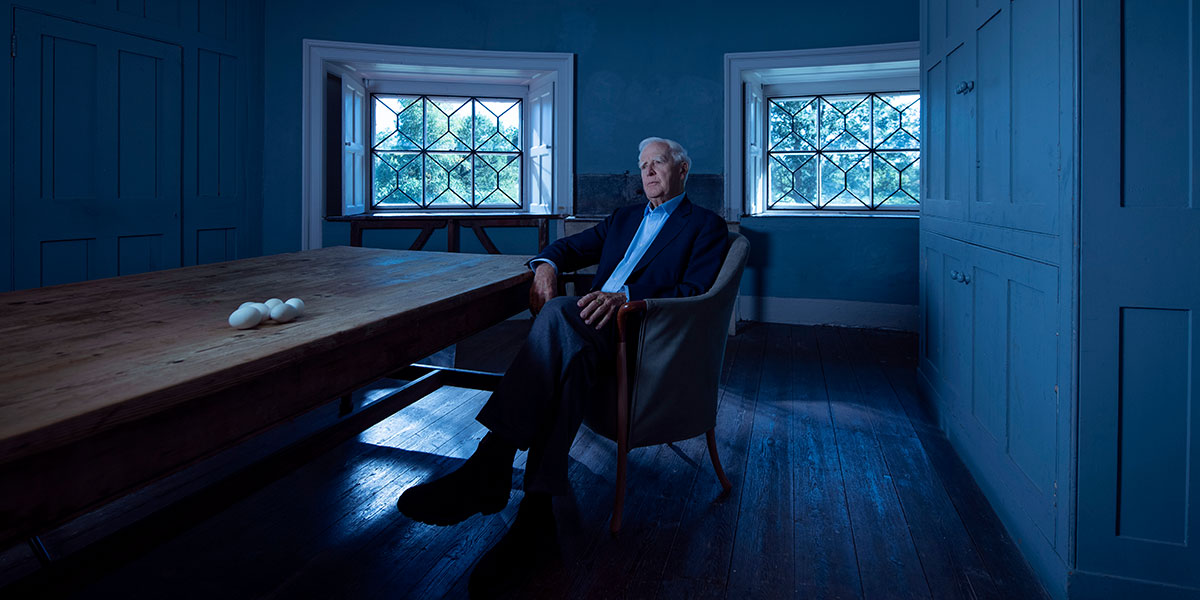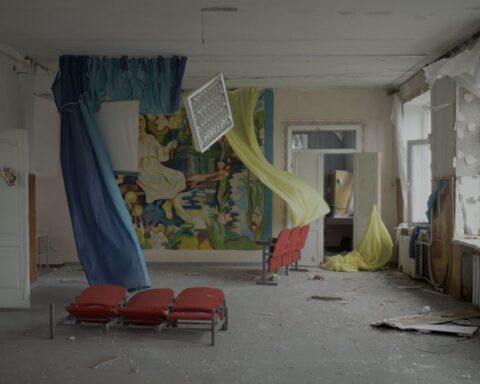Copa 71
(United Kingdom, 90 min.)
Dir. Rachel Ramsay, James Erskine
Programme: TIFF Docs (World Premiere – Opening Night)
For almost all of August, sports lovers from around the world were riveted by the Women’s World Cup of soccer, unfolding this year in Australia and New Zealand. Families in their homes and superfans in bars screamed for their favourites as if it was the first time it ever happened.
But if you watch Copa 71, the documentary about a one-off Women’s World Cup competition in Mexico City, you will be amazed, first because almost no one has ever heard of this long-ago tournament. 1995 U.S. soccer hero Brandi Chastain is featured here, commenting basically, “Huh?” when shown footage from the COPA. Then again in 1971, women’s sports of any kind were virtually invisible, including soccer, which in Canada and the U.S. had almost no profile no matter what gender was playing. Neither country, now women’s soccer powerhouses, fielded a team at COPA (Spanish for cup).
So, how did the 1971 matches attract over 50,000 people to every game? Soccer, or football as it’s properly known, was huge in Mexico and all over Central and South America. Canada and the U.S. were attitudinal outliers in the Americas, and, indeed, the world. And, as this film documents, there were active leagues, all amateur and underfunded, boasting highly skilled female players, even though paternalistic doctors warned that playing any sport was bad for women’s health. In Brazil and Italy participating was, in the early part of the 20th century, a criminal offence and in the 1920s, professional women’s football was outlawed in England for decades.
No surprise that ultra-conservative FIFA (Fédération Internationale de football association) shunned the 1971 event, refusing to sponsor and to let the women play in the venues they controlled. Fortunately, Martini Rossi recognized a marketing opportunity and stepped into the breach and FIFA did not control Mexico City’s largest stadium, Estadio Azteca, where the biggest games, including the final, were played.
Through interviews with the teams’ star players, including Nicole Mangas of France, Argentina’s Elba Selva, Sylvia Zaragoza of Italy, and Denmark’s Birte Kjems, the former players recount their experiences. Most of them had never been on a plane, the majority were working class and the experience of crossing the ocean to play for rapturous spectators changed their lives and led them to understand why playing football was a political act.
Directors Rachel Ramsay and James Erskine (The Legend of Billy Jean King: The Battle of the Sexes) mine a trove of archival footage, including film of the actual games Mexico played (televised for the country’s passionate fans) which featured most of the teams and plenty of drama, including an all-out brawl. Not only were the players supported in the stadiums, they were followed diligently wherever they went in Mexico City, most notably at beauty salons; as players they were appreciated but they were also sexualized.
You’d think that, given Martini Rossi’s capitalist coup – there were 110,000 fans at the final – that the tourney would have launched women’s soccer into the stratosphere. But it actually died. Countries banned women’s participation and FIFA maintained their grip on the venues they controlled; the first women’s FIFA World Cup did not take place until twenty years later in 1991 and to this day, the Federation resists women’s equality, denying equity in terms of pay, perks and travel conditions. So, some things have not changed nearly enough.
Then again, things are looking up. Women’s soccer is the fastest growing sport in the world.












